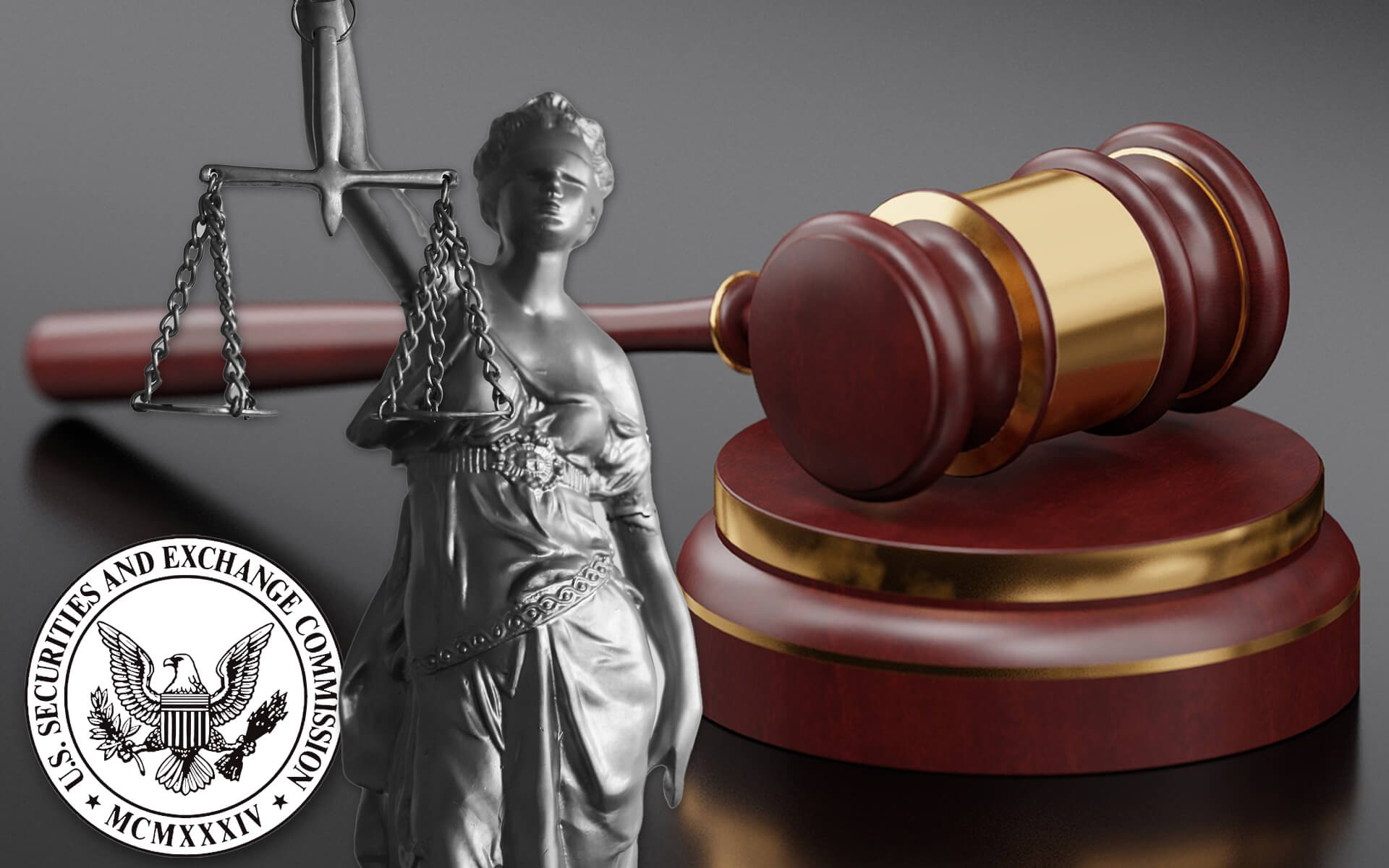Recent Court Decisions Are A “Message” to Congress and the SEC: End the Crypto Crackdown
“Abuse of Power" stories by the US Government tend to catch people's attention because they are alarming. Unfortunately, these stories seem to occur more often than we would like.
By Ken Mooney
Published: April 3, 2024

3 min read


A recent story about the US Securities and Exchange Commission (SEC) getting sanctioned for grossly misleading the court in its lawsuit against Debt Box relates to one of many of the agency’s lawsuits against the crypto industry (26 litigations in US federal courts and 20 administrative proceedings in 2023 alone). It also follows a recent court setback relating to the Ripple case (although the SEC is now seeking to fine Ripple for nearly US$2 billion) as well as the Grayscale court loss that paved the way for approving a Bitcoin ETF.
The Debt Box case has something you don't see every day: a federal judge sanctioning lawyers from a federal agency. In this case the Judge ruled that the SEC made "materially false and misleading representations" in order to freeze millions of dollars in assets belonging to the project. The SEC has been ordered to pay the defendant’s expenses, which means that US taxpayers will have to foot the bill for the SEC’s negligence. I hope that this is an anomaly given how a government with its vast resources and legal capabilities can easily abuse its power and, frankly, just wear out and destroy value if it feels so inclined to "win."
However, the SEC doesn’t appear to be relenting; apparently, it is now ramping up activities concerning Ethereum after years of saying it's not a security. So, stay tuned for that new storyline. Regulation by enforcement doesn't seem to be effective in protecting consumers. Collaboration might actually accomplish more without lining the pockets of various law firms. However, to be fair (and, of course, most Americans love to be fair), let us not forget the role Congress has in this story of divisiveness and loss. Congressional inaction when it comes to the passage of blockchain or crypto-specific laws leaves agencies like the SEC no choice but to set precedent law through regulation. Congress ultimately needs to create new laws so that there are clearer guidelines for dealing with crypto rather than relying on the Howey Test’s definition of “security” that was enshrined in 1946 (the year the first electronic digital computer and the Almond Joy candy bar were introduced).
Evidently, 27 countries in the Eurozone were able to figure out how to create new modern laws (MiCA) dealing with crypto. So, why can't the US? Of course, again, to be "fair," because we Americans cherish "doing the right thing," it is noted that the crypto industry is not without its own "bad actors" (i.e., Sam Bankman-Fried), who we need to be protected against. The crypto industry — while still dwarfed by the legacy capital market industry that the SEC also regulates — continues to grow. Eradicating it would likely create billions of dollars in losses for American consumers and investors in the future. So, it might be possible and more effective to provide more defined guidelines than allowing multiple court rulings to set precedents but also likely conflicting crypto laws.
Disclosure: This analysis was contributed to Blockchain Journal as a part of our op-ed and contributed content program. Submissions to the BCJ-contributed content program reflect the views of the author but not necessarily those of the Blockchain Journal editorial team. For more information on Blockchain Journal’s contributed content program, please contact [email protected].










